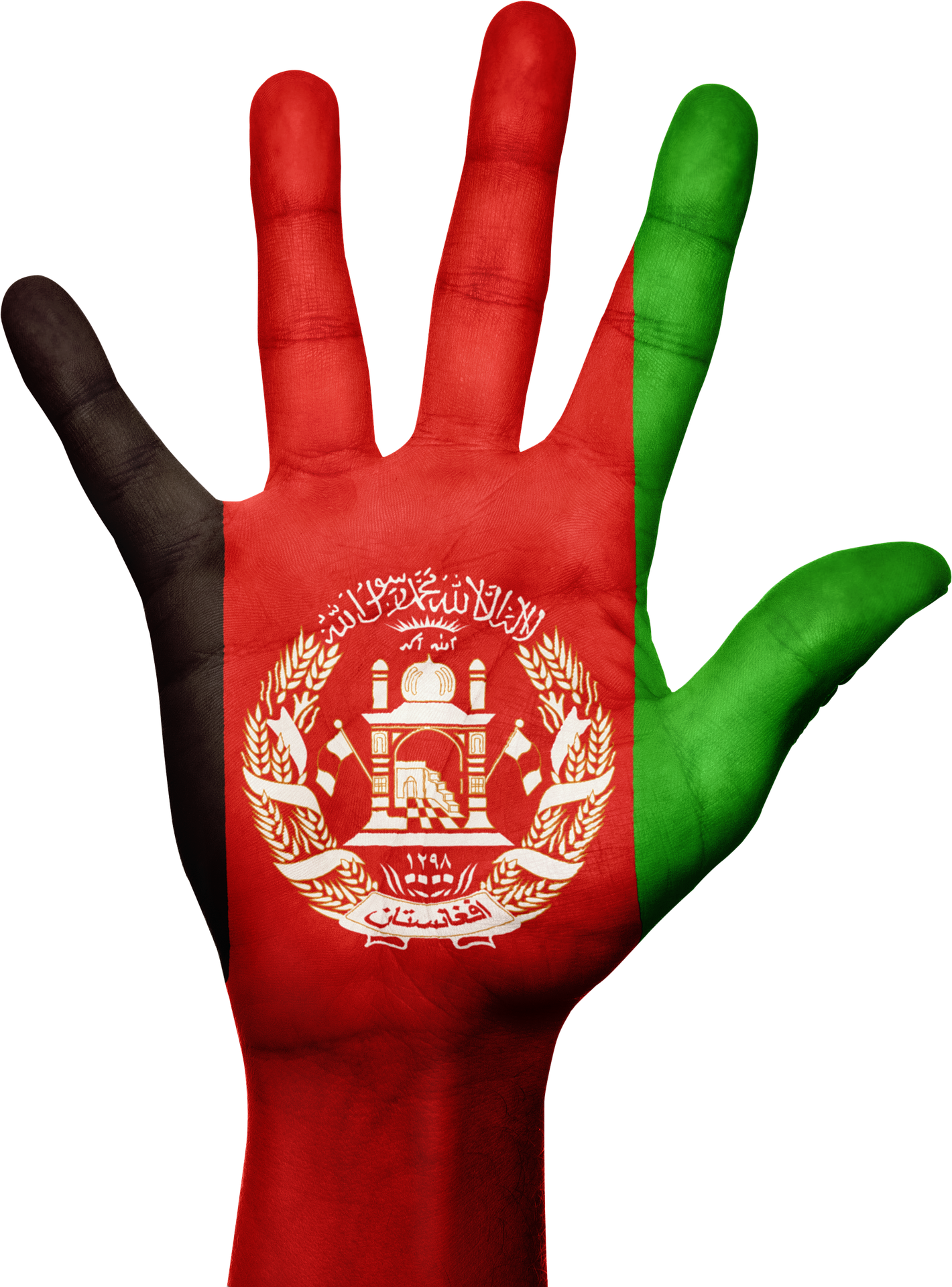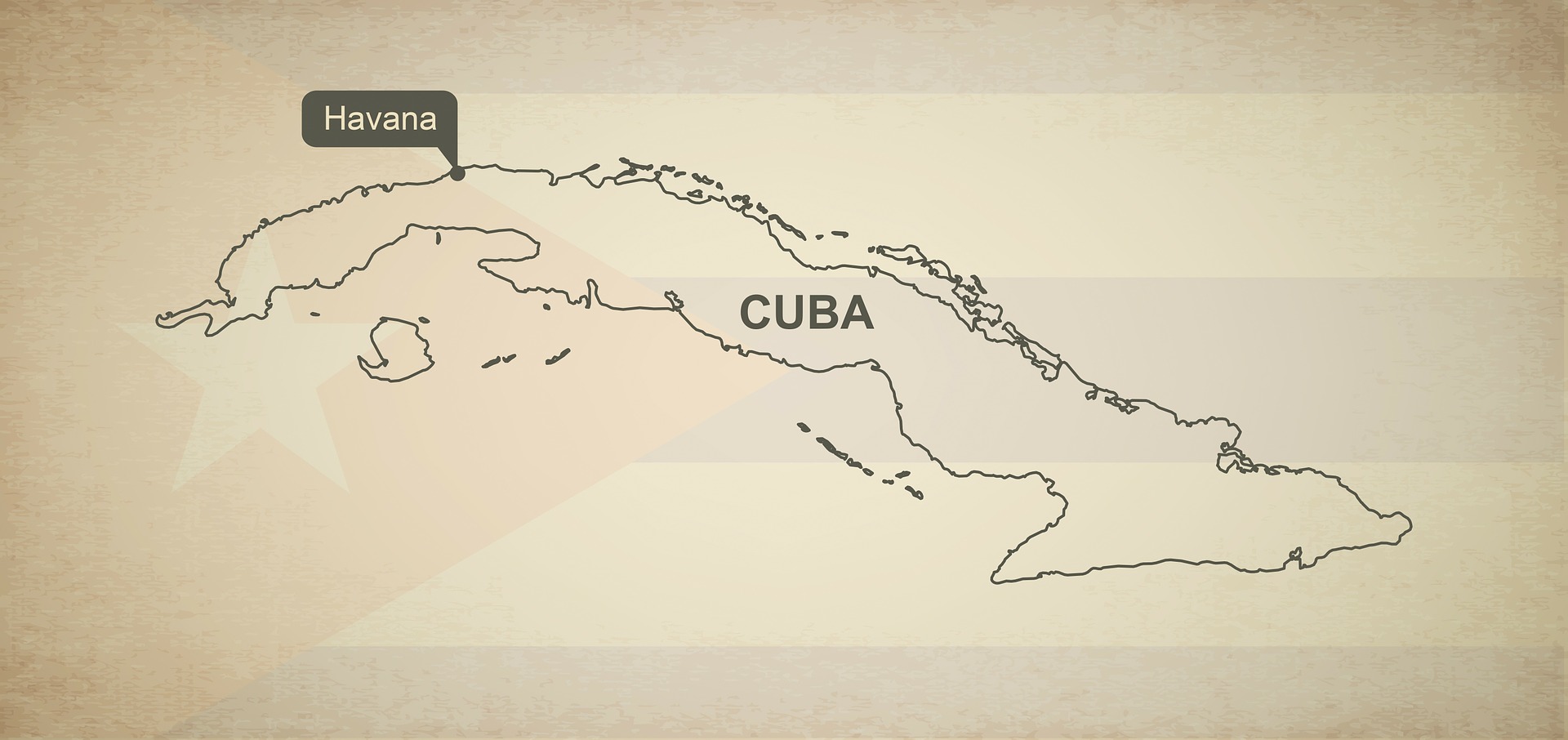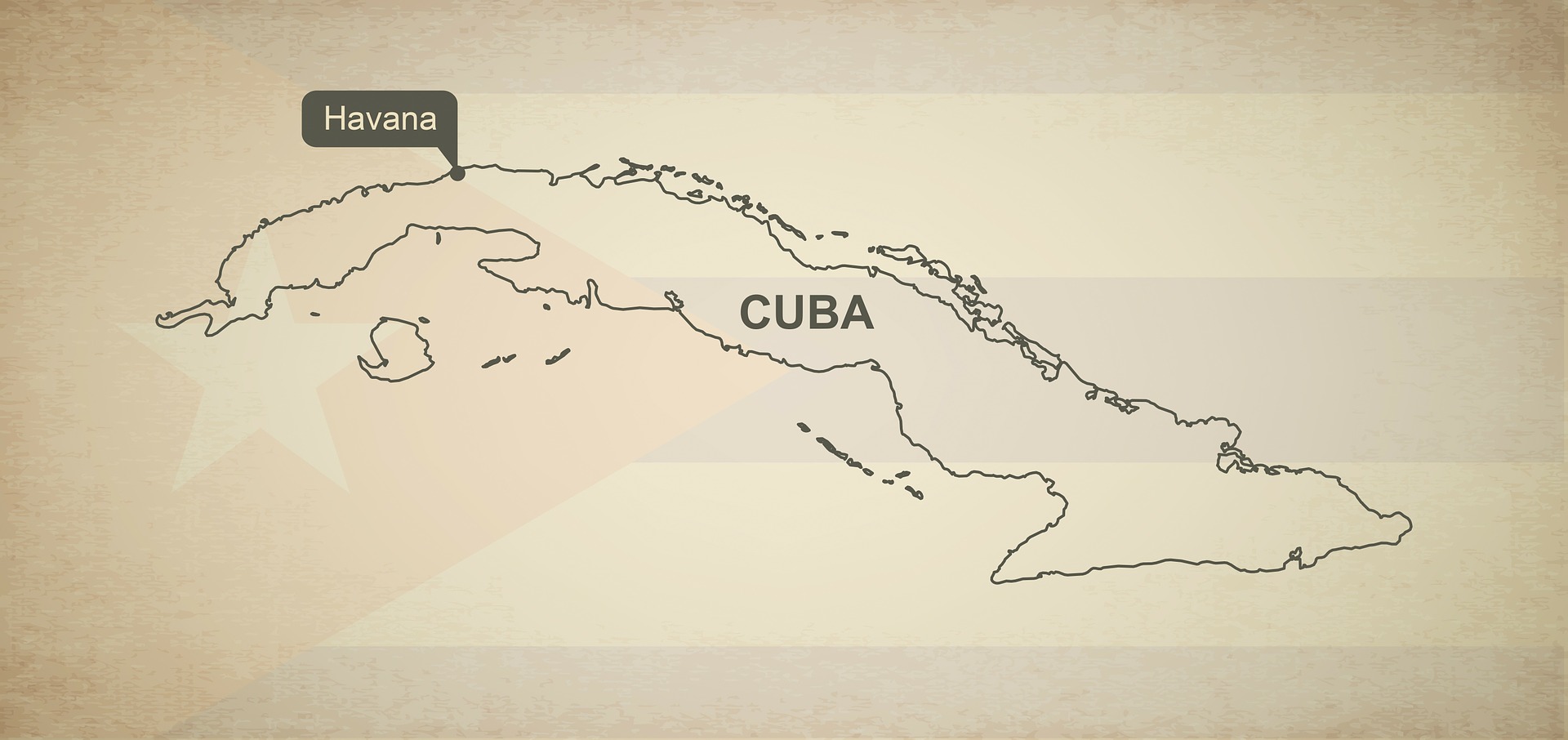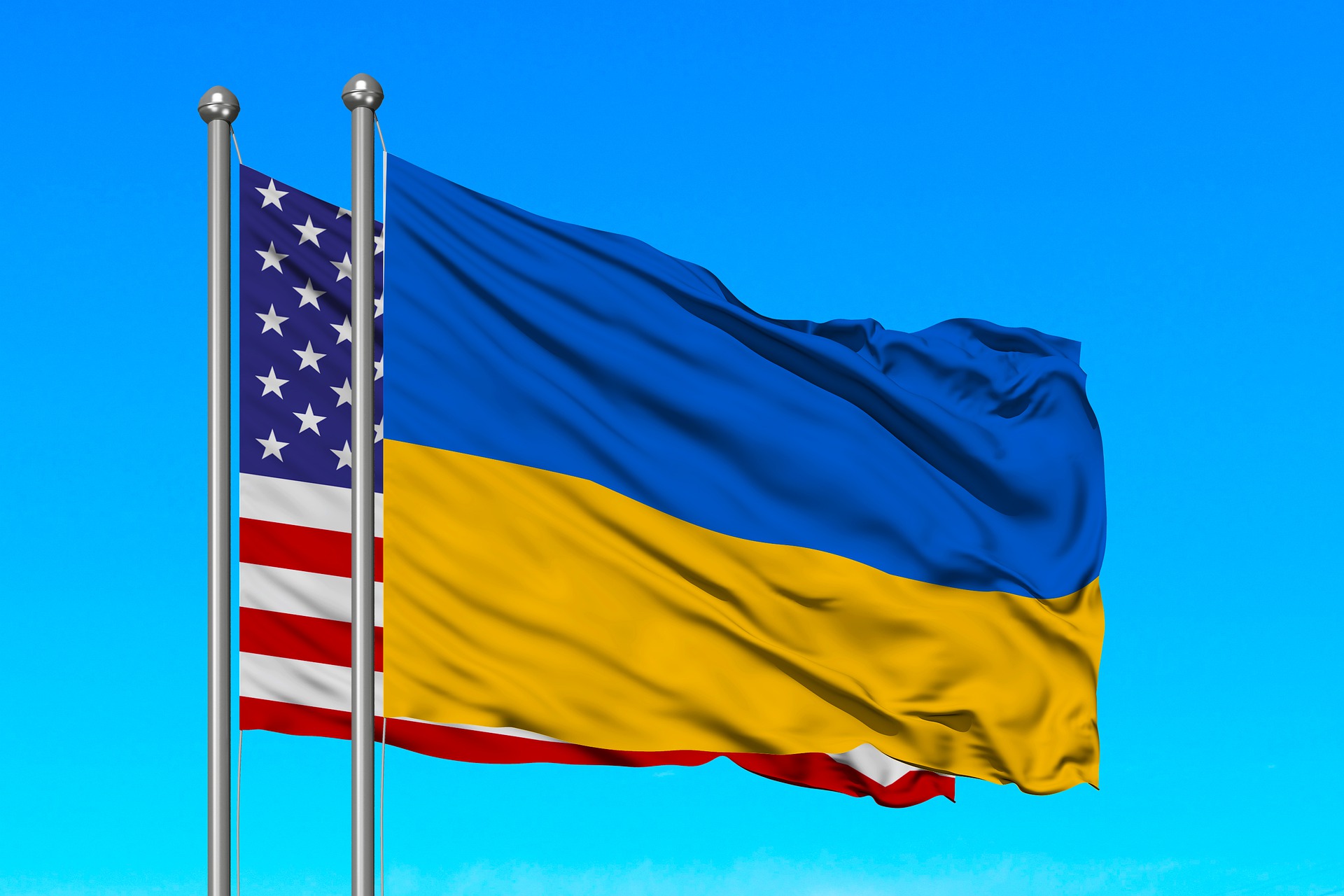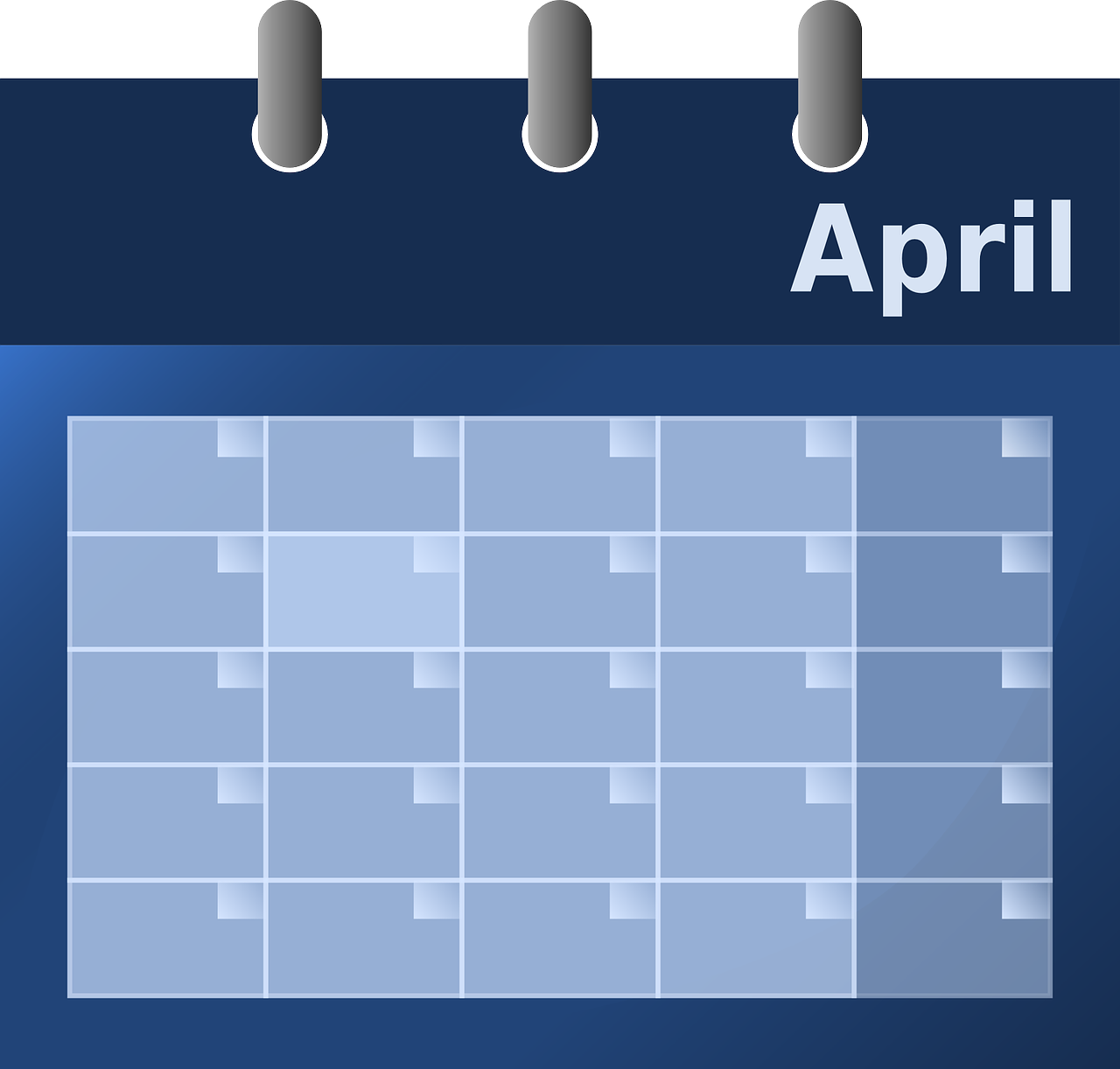We are excited to share some very important news for Afghan nationals. On June 14, 2022, the U.S. Citizenship and Immigration Services (USCIS) announced new discretionary powers providing relief to certain Afghan nationals, who do not pose national or public safety risks to the United States.
The Secretary of Homeland Security and Secretary of State, have carved out 3 new exemptions which can be applied for on a case-by-case basis, to ensure individuals who would otherwise be eligible for the benefit or protection they are seeking are not automatically denied.
According to the announcement, Afghan nationals will be eligible only if they have undergone rigorous screening and vetting and are individually determined to not pose a risk to national security or public safety. The announcement further states that the Secretaries of State and Homeland Security, under both Republican and Democratic administrations, have exercised their exemption authority over 30 times previously, thus ensuring deserving individuals are not inadvertently subject to terrorism-related bars to admission and are eligible for protection in the United States. These new exemptions are expected to welcome thousands more Afghan nationals in the coming months.
Who may apply under these new exemptions?
There are three categories of applicants who may qualify for immigration benefits under these new exemptions. They are as follows:
- Afghans who supported U.S. military interests, specifically Afghan allies who fought or otherwise supported those who fought in the resistance movement against the Taliban and Afghans who took part in the conflict against the Soviet occupation of Afghanistan.
- This could include individuals who fought alongside, or with assistance from, U.S. government entities, the United Nations, or the International Security Assistance Force (ISAF), or successor Force. It also includes individuals who supported U.S. interests and participated in the resistance movement to the Soviet invasion and occupation of Afghanistan between December 24, 1979 and April 28, 1992.
- This exemption specifically does not include individuals who targeted non-combatants or U.S. interests, committed certain types of human rights abuses or violations, or acted on behalf of a designated terrorist organization.
- Individuals employed as civil servants in Afghanistan at any time from September 27, 1996 to December 22, 2001 or after August 15, 2021.
- This could include teachers, professors, postal workers, doctors, and engineers, among others. Some civil servants held these positions prior to the Taliban announcing their so-called “interim government” and continued in their roles due to pressure, intimidation, or other hardship. In other instances, individuals used their positions to mitigate the repressive actions of the Taliban, often at great personal risk.
 Visa Lawyer Blog
Visa Lawyer Blog


